Voice quality is the characteristic auditory coloring of an individual’s voice. Each person produces a distinctive tone of speech. Voices trained for the stage are full, rich and polished; the speaker enunciates clearly.
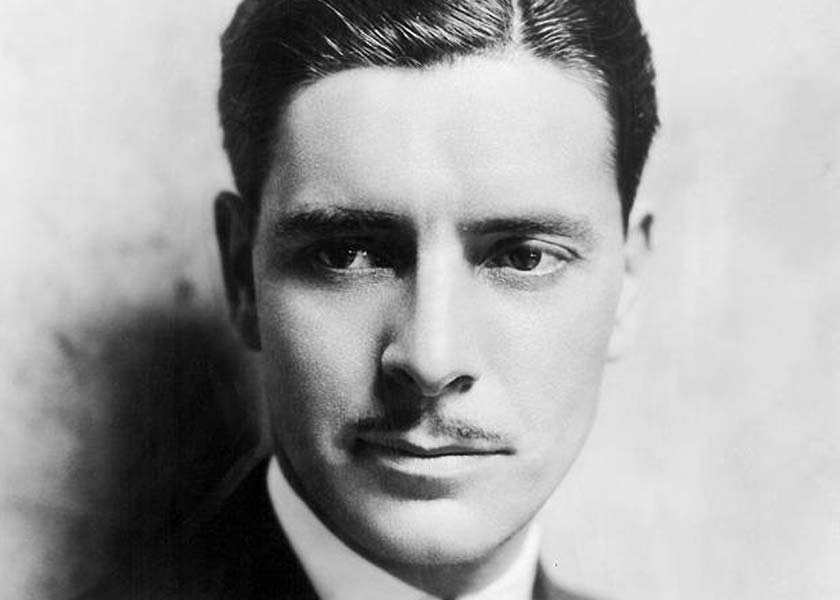
Ronald Colman
A long list of superlatives describe Ronald Colman's voice: robust, rich, assured, modulated, warm, melodious. In keeping with his cultured tones, Colman played heroic gentlemen and adventurers, but never villains. Notable films roles include The Prisoner of Zenda (1937), Lost Horizon (1938), and A Double Life (1948), for which Colman won the Academy Award for Best Actor.
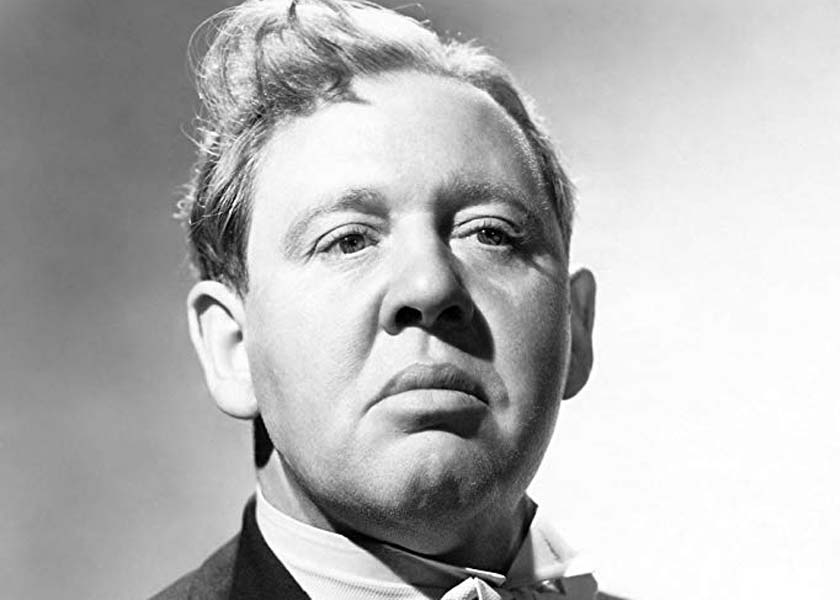
Charles Laughton
Charles Laughton could manipulate his distinctive voice to be strong, penetrating, oily and authoritative when such tones suited a commanding role as a king, a lawyer, or even an archfiend, as in Mutiny on the Bounty (1935) or Island of Lost Souls (1932). Laughton assumed smooth, low tones for meek or mild roles such as Ruggles of Red Gap (1935).
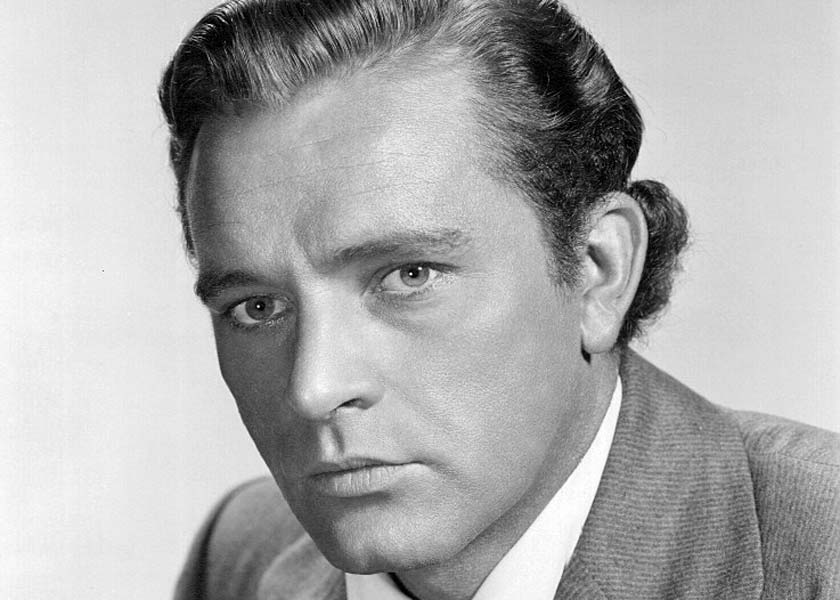
Richard Burton
Richard Burton’s modulated, silky, rich voice suited his romantic roles as virile noblemen and classical soldiers in films such as The Robe (1953) or Cleopatra (1963).
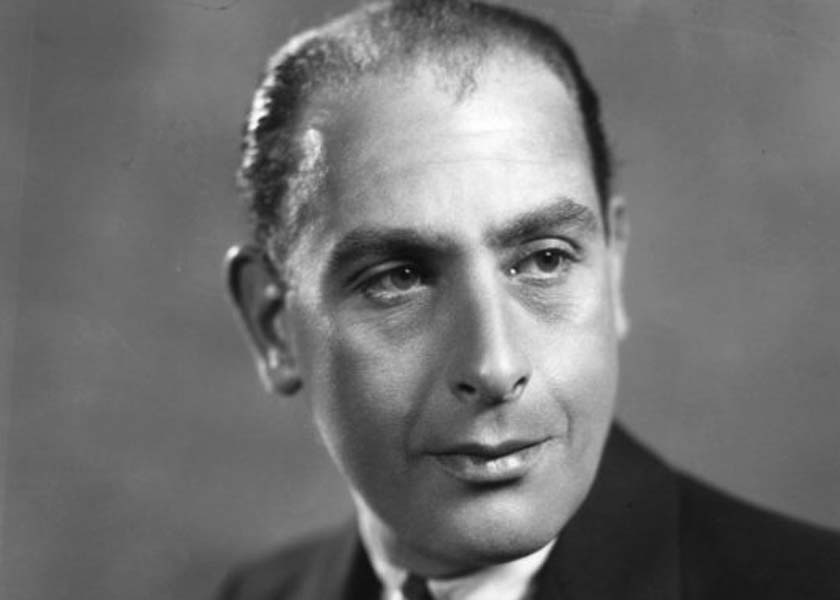
Cedric Hardwicke
Cedric Hardwicke’s soft, smooth, soothing tones were equally effective in portraying sinister, crafty deceivers in films such as The Hunchback of Notre Dame (1939) and Invisible Agent (1942) or as authoritative, cultured intellectuals or clergymen in films such as Stanley and Livingstone (1939) or Rope (1948).
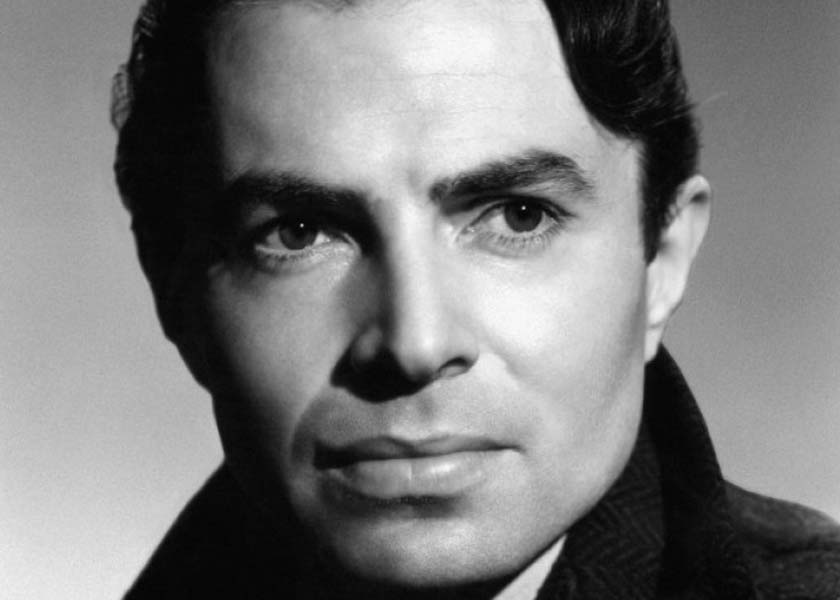
James Mason
James Mason’s voice was cultured, nasal (a head voice), sibilant, velvety and
rather cold. He played clever, cynical, urbane villains in films such as
20,000 Leagues Under the Sea (1954) and
North By Northwest (1959). His gentlemen are soft spoken but intense
in films such as Pandora and the Flying Dutchman (1951),
A Star is Born (1954) and Lolita (1962). In a memorial
column published in The Guardian in 2009, film critic David Thomson writes
a wonderful description of Mason’s voice:
unique…languid but impassioned.
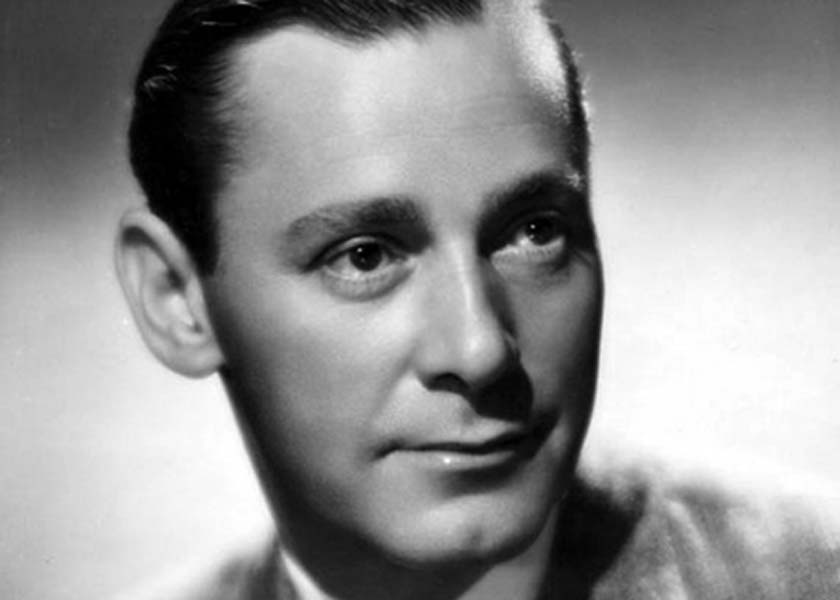
Herbert Marshall
Herbert Marshall’s soft, silvery, mellifluous voice perfectly suited the suave, charming gentlemen he portrayed in films such as Trouble in Paradise (1932) and The Razor’s Edge (1946).
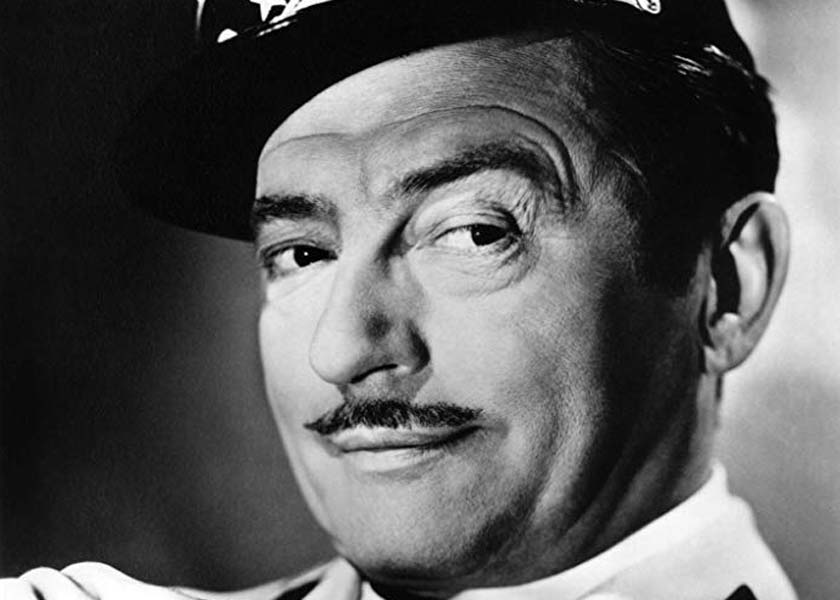
Claude Rains
Claude Rains’ resonate voice was finely modulated and remained distinctively smooth and honey-toned, no matter how caustic and menacing his words. His clever, manipulative characters were sardonic and amused by their own villainy in films such as The Invisible Man (1933) and The Adventures of Robin Hood (1938). In Casablanca (1942) his acerbic, mocking words cover a sympathetic and patriotic nature.
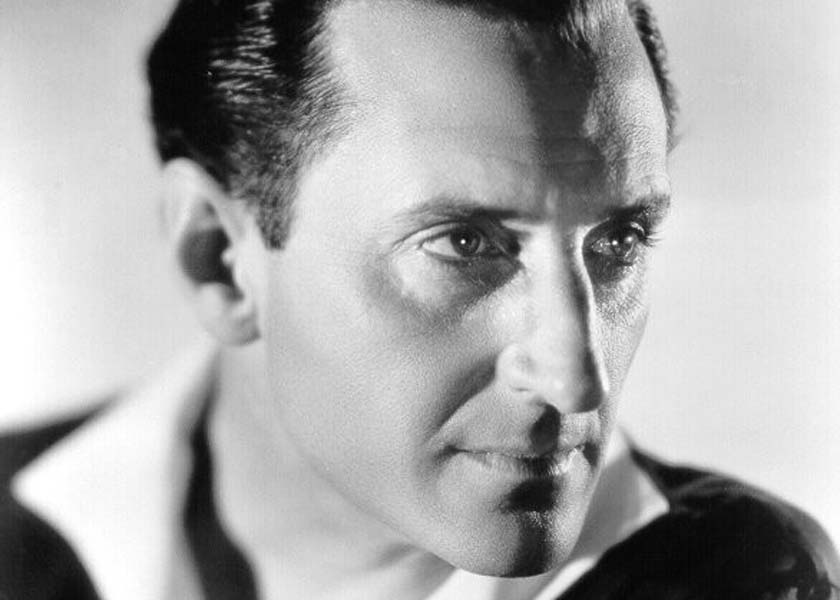
Basil Rathbone
Basil Rathbone utilized his deep, resonant voice to portray an array of crafty, shrewd, and criminal characters. Scornful, angry, threatening dialogue was expertly delivered in a cold, flinty manner in films such as The Adventures of Robin Hood (1938) and Tower of London (1939). Rathbone used a smoother, gentler delivery for shrewd, amused detective Sherlock Holmes in The Hound of the Baskervilles (1939) and its many sequels.
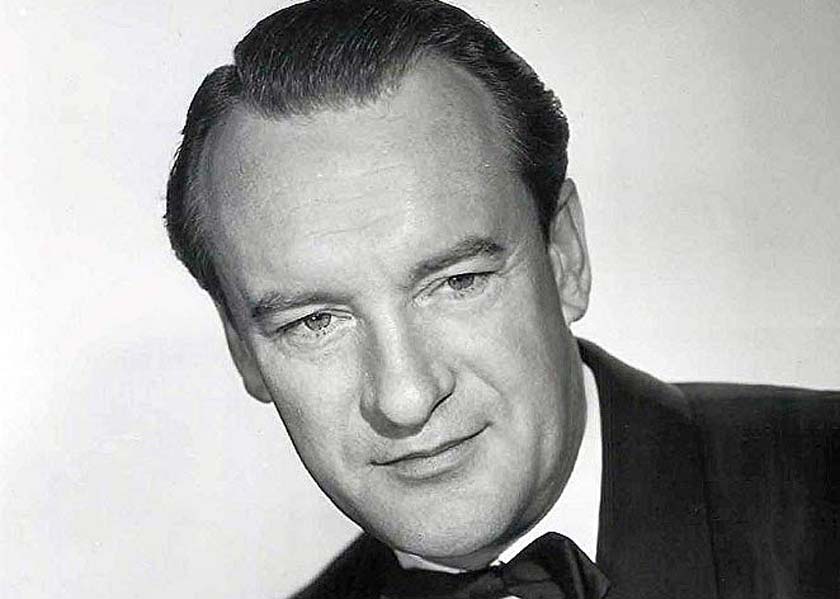
George Sanders
George Sanders had a smooth, silky, resonant voice with a distinctive upper-class accent. His demeanor in the role of cad, bounder, or hero was typically suave, haughty, and bemused. A role as a shrewd, bored, sarcastic gentleman fit Sanders perfectly in films such as Rebecca (1940), Summer Storm (1944), and All About Eve (1952, for which Sanders won the Academy Award for Best Supporting Actor).
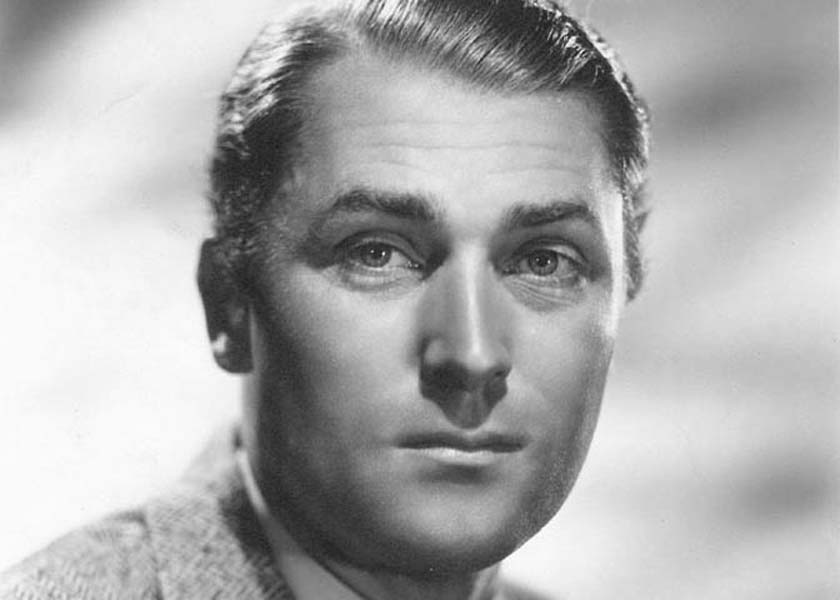
Brian Aherne
Brian Aherne’s voice was soft, smooth, modulated, and silvery. With his good looks and silvery voice he played refined and gentlemanly characters in films such as The Great Garrick (1937) and Titanic (1953).
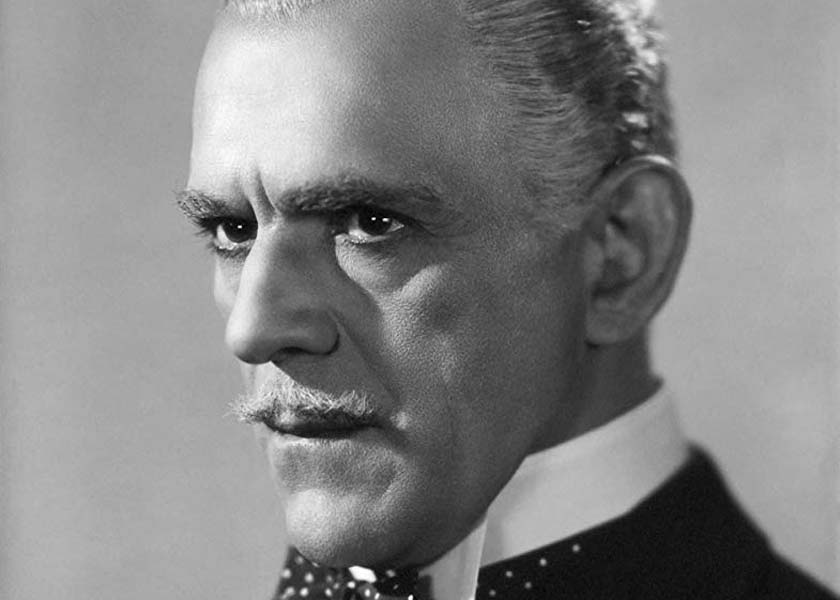
Boris Karloff
Boris Karloff’s rich, soft, sibilant, lisping voice matched to his gentle demeanor lent itself to such crafty, treacherous characters as mad doctors, magicians, demented scientists, or reanimated monsters, as in The Mummy (1932) and The Body Snatcher (1945).
